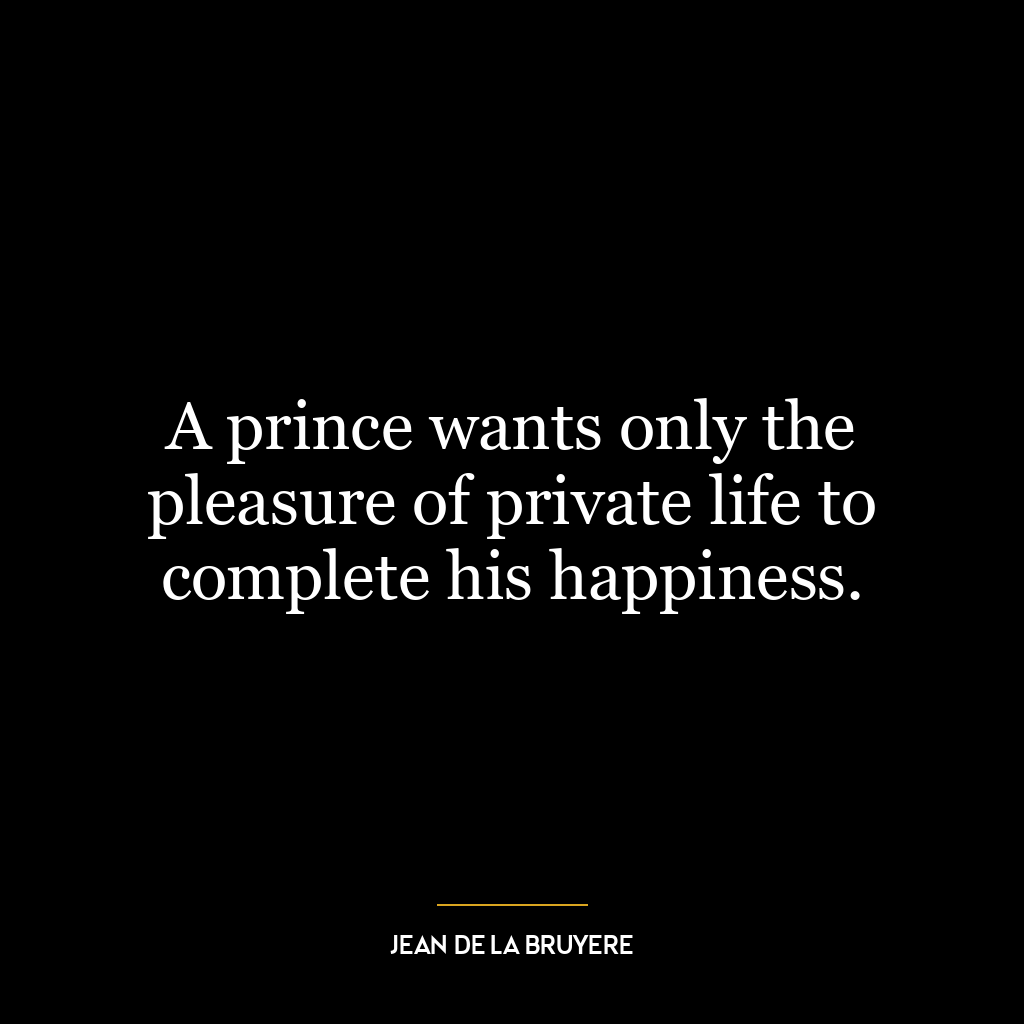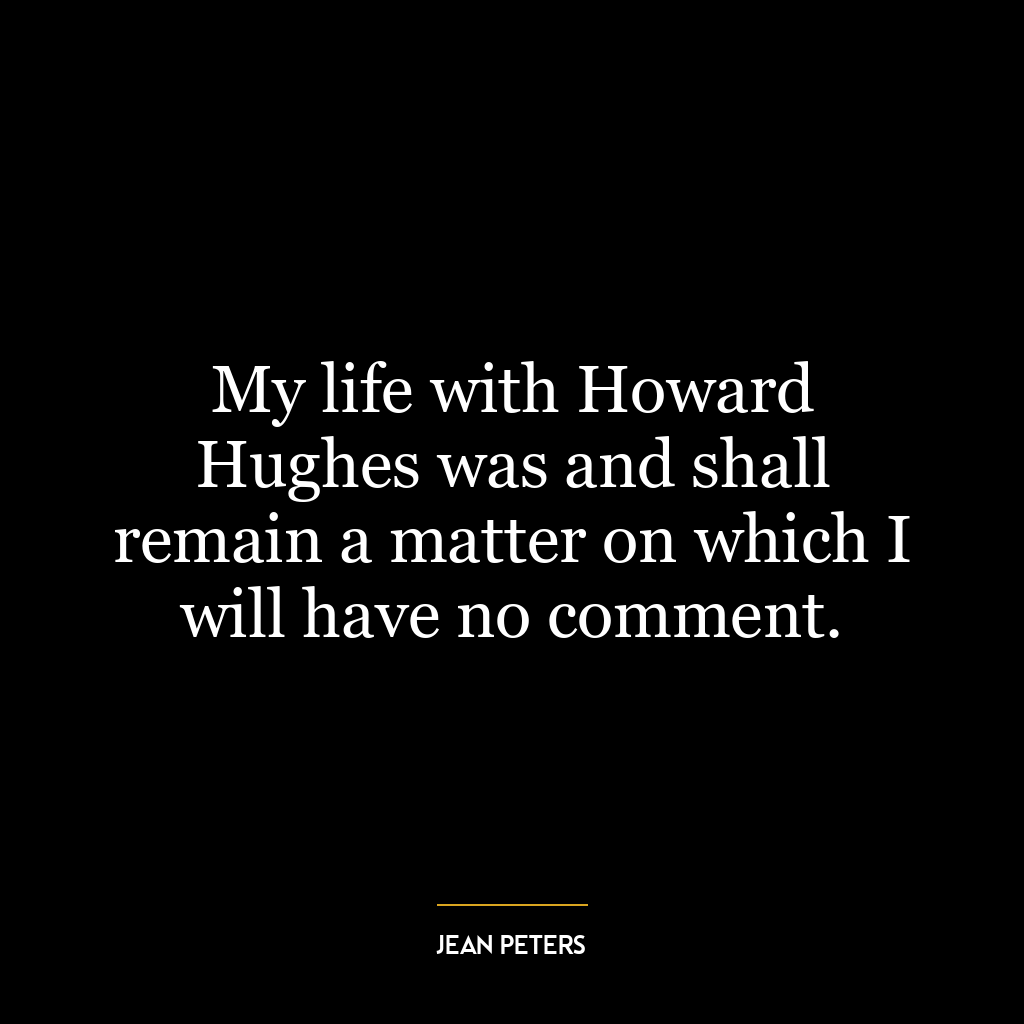This quote essentially means that one should not do something in public that they consider decent to do in private. It’s a call for modesty, discretion, and the respect of social norms. Even if an action is acceptable or harmless when done privately, it may not be appropriate or respectful to perform it publicly.
The idea behind this quote is that there are different expectations and norms for private and public behaviour. Just because something is acceptable to do alone or with close friends does not mean it would be considered appropriate in a more public setting where people have different comfort levels and expectations.
In today’s world, this concept can be applied to many situations particularly with the rise of social media platforms where the line between private and public life has become increasingly blurred. For instance, certain behaviors or language used casually among friends might cause offence if broadcasted on social media platforms.
In terms of personal development, this principle encourages individuals to cultivate self-awareness about their actions – how they might affect others around them and how they are perceived by society at large. It also promotes respect for societal norms and other people’s comfort zones while balancing personal freedoms.
However, Montaigne’s quote doesn’t necessarily advocate for conformity but rather discretion. It invites us to question whether our ‘private’ actions are suitable for ‘public’ consumption – encouraging us not only towards introspection but also towards empathy by considering how our actions may impact those around us.
This perspective can help individuals navigate their way through complex social situations more gracefully – becoming more mindful of their own behaviour as well as understanding others better leading towards healthier relationships both personally & professionally.











